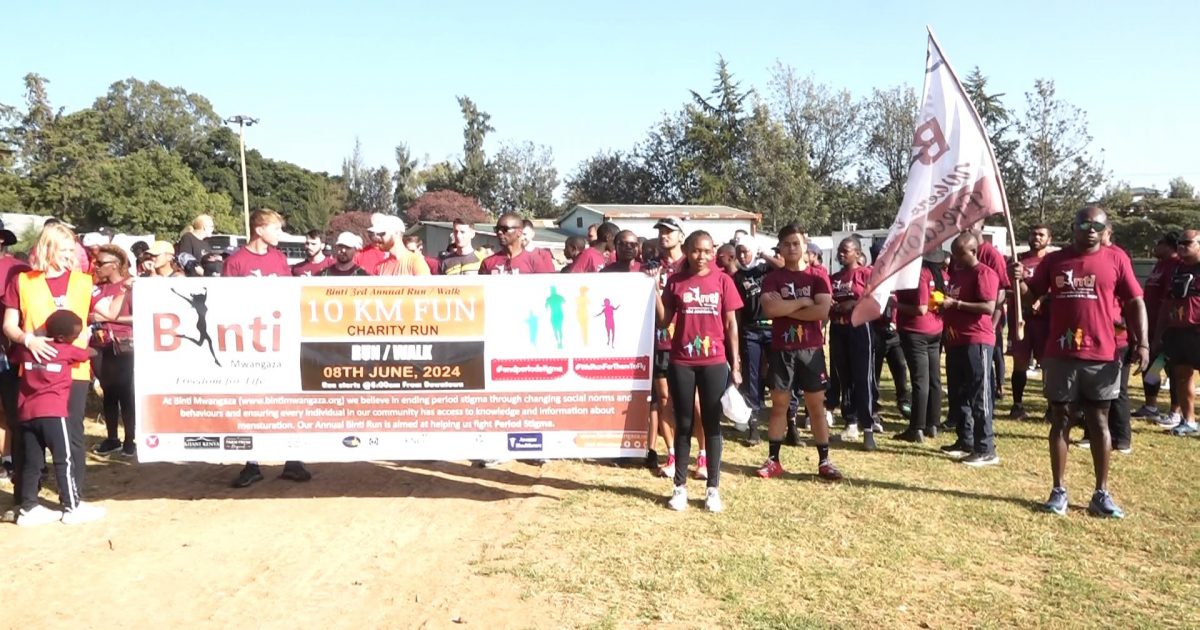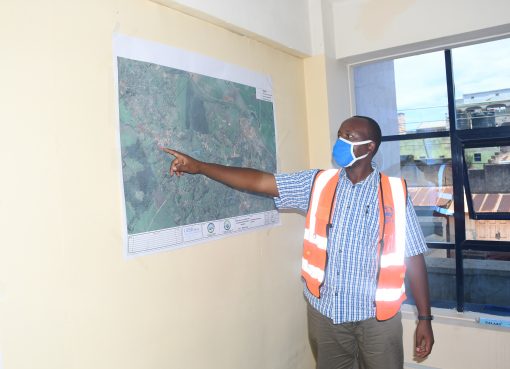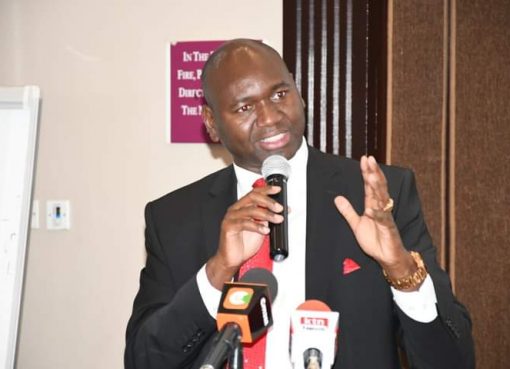Human rights stakeholders have encouraged more men to raise awareness about reducing the stigma associated with period poverty among women.
Speaking in Nanyuki over the weekend after a 10-kilometre race organised by Binti Mwangaza, a Community-Based Organisation (CBO) that aimed to sensitise Laikipia residents about menstrual hygiene, many of the speakers said a majority of women and girls, especially those from poor families, need support to break taboos and discrimination due to period poverty.
Binti Mwangaza is a Nanyuki-based CBO that targets to support rural women through menstrual hygiene.
“It’s very important to support women in eliminating period poverty stigma through awareness and make men understand it’s a normal thing. Please ensure there is no shame in speaking about it,” said James Maina, a 10km run participant.
Additionally, Maina noted that creating safe forums for young girls to speak out about menstruation was crucial in eradicating the challenges they undergo in their daily lives, including dropping out of school due to lack of basic commodities like sanitary towels.
“Young girls drop out of school, and others are taken advantage of by men, and as a result, they get pregnant when trying to get sanitary pads. As men, this is something we should all partner on and eradicate,” he urged.
Data from the Ministry of Education shows that girls from poor families miss about 20 per cent of their school days due to lack of sanitary towels.
According to Binti Mwangaza, CBO Ann Gakii, availing sanitary pads for girls and women was one way of ensuring they are not left out since the majority can’t access them as a result of poverty, hence being taken advantage of by a section of men.
“In our society, young girls and women feel shameful about menstruation, and creating a safe space for both men and women to come together openly to discuss it is important,’’ she said.
She added that for the past 13 years they had been in operation, they had supported over 30,000 women and girls with free reusable sanitary pads in the county in a bid to have dignified lives for them.
Meanwhile, according to the Africa Medical and Research Foundation (AMREF), only 50 per cent of girls openly discuss their menstruation cycle at home.
By Muturi Mwangi




